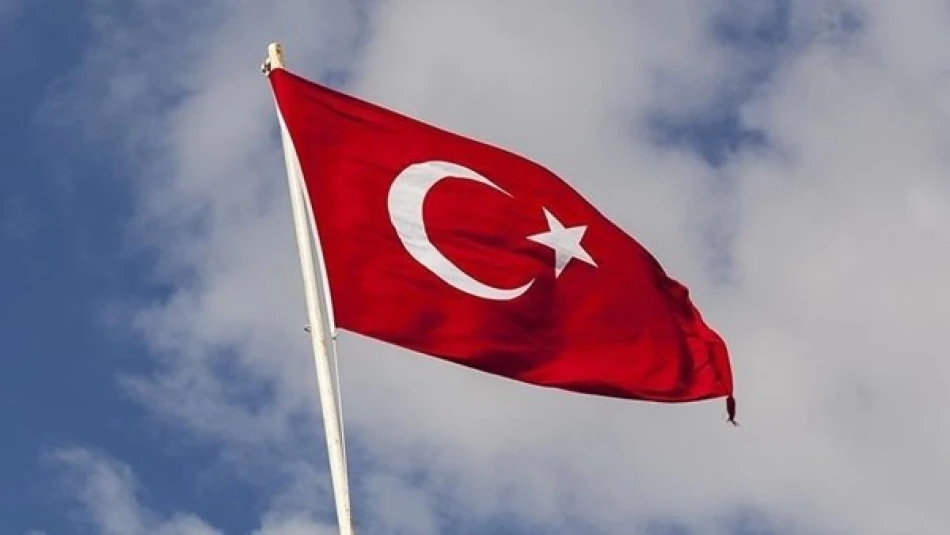
Turkey Calls for Ceasefire as Crucial Condition for Lasting Peace in Ukraine
Turkey Sets Ceasefire as Precondition for Ukraine Peacekeeping Mission
Turkey has signaled it will not commit to any international peacekeeping mission in Ukraine until Russia and Ukraine first establish a ceasefire, marking a cautious approach as Western allies accelerate planning for post-conflict security guarantees. The position reflects Ankara's delicate balancing act between NATO solidarity and its complex relationship with Moscow, while underscoring the practical challenges facing any multilateral peacekeeping effort.
Turkey's Strategic Caution
A Turkish Defense Ministry source told reporters Thursday that any peacekeeping deployment must follow a clear sequence: ceasefire first, then detailed mission planning with explicit mandates and defined national contributions. This methodical approach contrasts with the apparent urgency among some Western allies to develop security frameworks ahead of potential peace negotiations.
Turkey's stance reflects hard-earned lessons from its previous peacekeeping experiences, particularly in Syria and Libya, where unclear mandates and shifting political dynamics complicated military deployments. The country's insistence on a "clear framework" suggests Ankara wants to avoid open-ended commitments that could drag Turkish forces into an evolving conflict.
Western Military Planning Accelerates
The Turkish position comes as U.S. and European military planners have begun studying security guarantee options for Ukraine, according to Reuters reporting earlier this week. This planning surge followed President Donald Trump's declaration that Washington would help ensure Kyiv's security in any war-ending agreement—a significant shift from previous U.S. positions on direct security commitments.
The timing suggests Western allies are preparing for potential peace negotiations while Russia maintains battlefield momentum in eastern Ukraine. However, Turkey's conditions highlight a fundamental challenge: designing peacekeeping missions before achieving the peace they're meant to keep.
Historical Precedents and Challenges
Turkey's cautious approach mirrors successful peacekeeping deployments elsewhere, where ceasefires preceded international monitoring missions. The 1978 UN peacekeeping force in southern Lebanon, for instance, was deployed only after initial ceasefire agreements, though that mission has faced decades of complications.
More relevant may be the Balkans experience of the 1990s, where NATO peacekeeping forces in Bosnia and Kosovo were deployed after comprehensive peace agreements with clear political frameworks. Those missions succeeded partly because they followed definitive conflict resolution, not tentative ceasefires.
Implications for Peace Negotiations
Turkey's position could influence the sequencing of any Ukraine peace process. As a NATO member that has maintained diplomatic ties with both Moscow and Kyiv throughout the conflict, Turkey's participation would likely be crucial for any peacekeeping mission's legitimacy and effectiveness.
The Turkish approach also suggests that sustainable peace arrangements require more than military deployments. By demanding clear mandates and defined contributions, Ankara is essentially arguing for comprehensive political settlements before military commitments—a principle that could complicate rapid-deployment scenarios but might improve long-term success rates.
For international markets and defense contractors, Turkey's methodical approach signals that any Ukraine peacekeeping deployment remains months away at minimum, requiring extensive diplomatic groundwork before military planning can finalize.
Most Viewed News

 Layla Al Mansoori
Layla Al Mansoori






